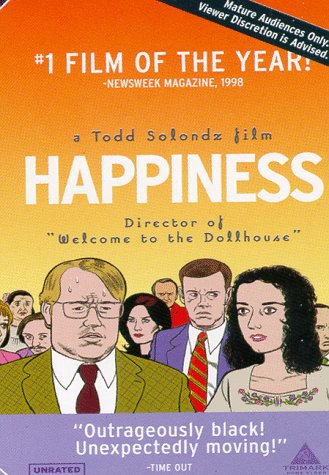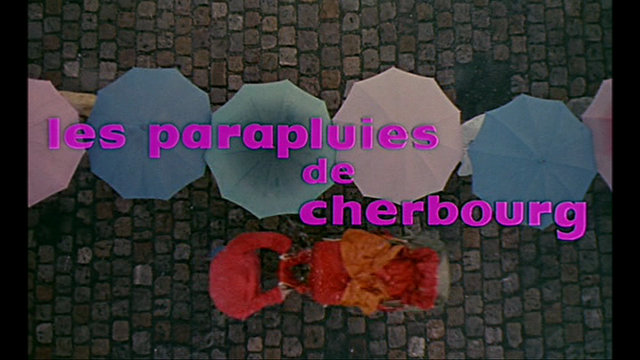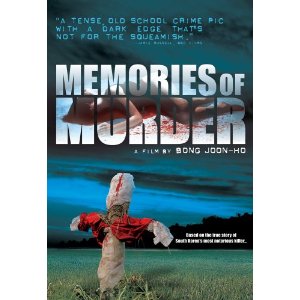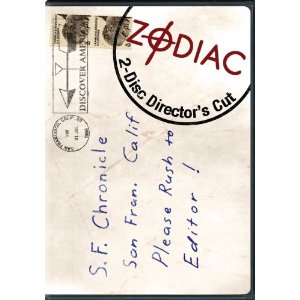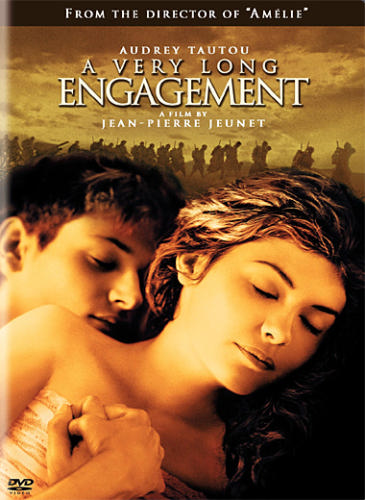I’d like to talk about the movie Looper, which I saw today -but I won’t spoil the ending.
I can’t say this movie is exactly my cup of tea, but it’s great to see a mainstream movie that is actually about something for a change other than the usual goodie Vs. baddie affair.
In this case, it’s clearly all (/mostly) about child abuse/ ending the circle of violence (whilst not doing so overtly lest it put you off)
-and it’s just how such a subject should be presented if you ask me.
After all, we learn nothing from being lectured or spoonfed hard-to-take information, but wrap it up in an interesting sci-fi tale and we can learn all about it vicariously whilst puzzling and arguing over loopholes and paradoxes to our heart’s content. It has nothing to do with any of that if you ask me. It’s another Superman’s Underpants film -we should look beyond the easy-to-pick-at frontage to see what it’s actually about.
In that, it’s old-school cinema -it’s not that it’s there to teach us all a lesson, but there’s plenty going on under the skin if you choose to look. View it as a straightforward Time Travel movie if you choose not to.
Bruce Willis is excellent, playing a complex character who does some not-so-nice things. Levitt is very good too, but I must say I was most distracted by his eyebrows throughout. Not since Julia Roberts’ lips in Oceans Twelve have physical features upstaged the person to which they were attached in a movie.
Overall, Looper is a little bit too violent/ aggressive for this sensitive little soul, but I guess that’s the point.
In what way is this film “about child abuse”?
First of all, there’s the first shot of the film (if I remember correctly, I’ve only seen it once and I can’t capture still-frames for this piece -if it’s not the first shot, then it’s the first person we see) -a close-up of a proto-typical “abused child”, forced to eke out its existence in abusive circumstances. Since this is “a time travel movie”, during this extended shot we are invited to consider this child’s past and likely future.
Secondly, consider every child we come across. One has been abandoned by his mother at an early age and is already traumatised by the experiece. Will he have a future that is free of abuse? One is the child of a stripper and is on the target list of his “surrogate father”. The only ‘possibly non-traumatised’ child is left alone just long enough to have violence come a-knocking.
Consider also the upbringing of the main character (Joe?)
To be honest I can’t remember the details, but he did not have a happy childhood and it is clear that when Jeff Daniels/ “Abe” discovered him, the work was already done that qualified him for his life as a Looper. As a result of Abe’s intervention his violent life could take on a more structured form. So you could say the abuser showed him how to abuse -and this is what he has always done.
Also think of Abe himself -a man from the future -our future-self (or the typical future-self of each character in this movie). He too is a victim, doomed to exile in this dreary “past”, reinforcing this cycle of violence, ensuring its continuance.
There is also the “Kid Blue” character to look at, who appears to love Abe as a son would a father (or an abused child toward his manipulative abuser perhaps? -Think of how Abe behaved toward Joe when he wanted something from him -“I gave you all you have” type dialogue -Kid Blue likely got the same speech regularly and has obviously taken it more to heart than Joe has.)
Either way, Abe appears to return this love enough not to kill Kid Blue, but clearly he isn’t averse to violent outbursts when he feels its called for.
There are many paradoxes and loopholes to Looper, but the main one that bothers me is this (and this last bit I’m afraid will be a spoiler):
Highlight the text between the following markers to see the ‘spoiler’:
– –
The premise appears to be that the main kid (Cid I think?) is given a chance to be spared the cycle of violence, whereby the victim ultimately becomes the perpetrator, by him being freed of his “abuser” to be brought up in the care of his loving mother… therefore, by the time he grows up he presumably has “learnt” not to become the “evil Rainmaker”, going on a rampage, killing all loopers. Therefore, the world of “Looping” continues. ?
– –
OK, it doesn’t ‘bother’ me. It makes me smile. This is a movie after all, not a psychology journal. There’s enough in it to consider at least. Even if most people don’t consider such things while they watch a movie, it’s the reason why fiction is so powerful -it allows us all to take on board (if only perhaps on a subconscious level) topics and truths that otherwise cannot and will not be confronted.
Disclaimer: I’m not suggesting for one minute that everyone who abuses becomes an abuser. It is a theory at least that “abusers” of every kind learn to be like that during childhood. Thankfully it’s not as simple as that in real life.

